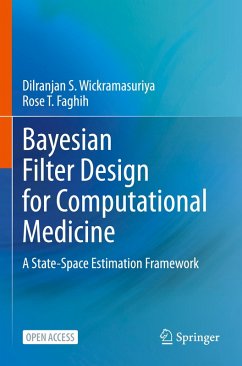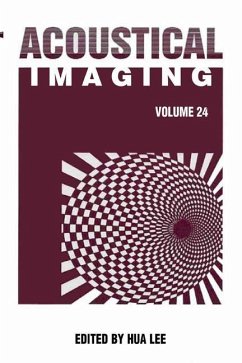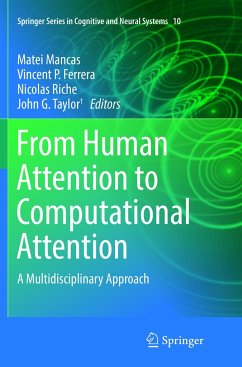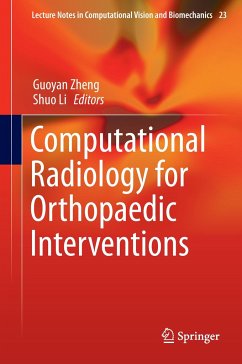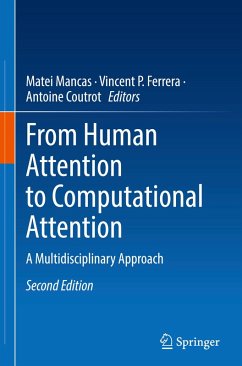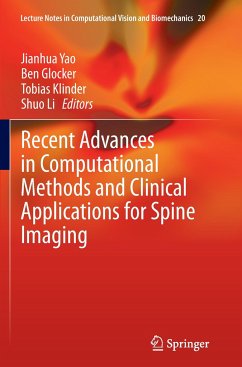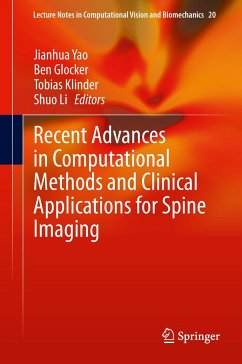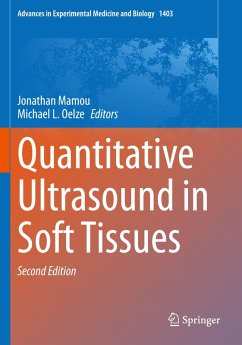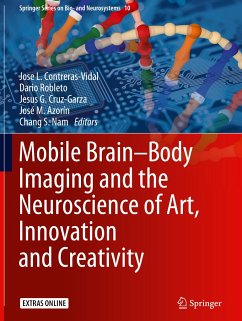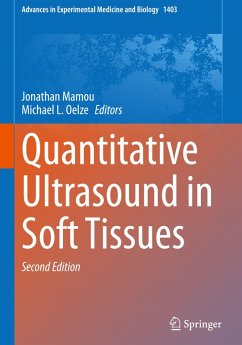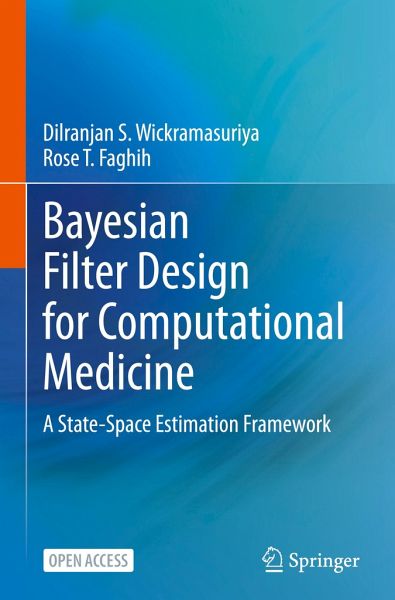
Bayesian Filter Design for Computational Medicine
A State-Space Estimation Framework

PAYBACK Punkte
19 °P sammeln!
This book serves as a tutorial that explains how different state estimators (Bayesian filters) can be built when all or part of the observations are binary. The book begins by briefly motivating the need for point process state estimation followed by an introduction to the overall approach, as well as some basic background material in statistics that are necessary for the equation derivations that are utilized in subsequent chapters. The subsequent chapters focus on different state-space models and provide step-by-step explanations on how to build the corresponding Bayesian filters.Each of the...
This book serves as a tutorial that explains how different state estimators (Bayesian filters) can be built when all or part of the observations are binary. The book begins by briefly motivating the need for point process state estimation followed by an introduction to the overall approach, as well as some basic background material in statistics that are necessary for the equation derivations that are utilized in subsequent chapters. The subsequent chapters focus on different state-space models and provide step-by-step explanations on how to build the corresponding Bayesian filters.
Each of the main chapters that describes a single state-space model also describes the corresponding MATLAB code examples at the end. Descriptions are also provided regarding the code. The code contains both simulated and experimental data examples. All the experimental data examples are taken from real-world experiments. The experiments involve the recording of skin conductance, heartrateand blood cortisol data. A MATLAB toolbox of code examples that cover the different filters covered in the book is included in a companion webpage.
The book is primarily intended for graduate students in either electrical engineering or biomedical engineering who will be beginning research in state estimation related to point process data or mixed data (i.e., point processes and other types of observations). The book can also be used by practicing researchers who measure skin conductance and heart rate or pulsatile hormones in their own work (e.g. in psychology).
This is an open access book.
Each of the main chapters that describes a single state-space model also describes the corresponding MATLAB code examples at the end. Descriptions are also provided regarding the code. The code contains both simulated and experimental data examples. All the experimental data examples are taken from real-world experiments. The experiments involve the recording of skin conductance, heartrateand blood cortisol data. A MATLAB toolbox of code examples that cover the different filters covered in the book is included in a companion webpage.
The book is primarily intended for graduate students in either electrical engineering or biomedical engineering who will be beginning research in state estimation related to point process data or mixed data (i.e., point processes and other types of observations). The book can also be used by practicing researchers who measure skin conductance and heart rate or pulsatile hormones in their own work (e.g. in psychology).
This is an open access book.





